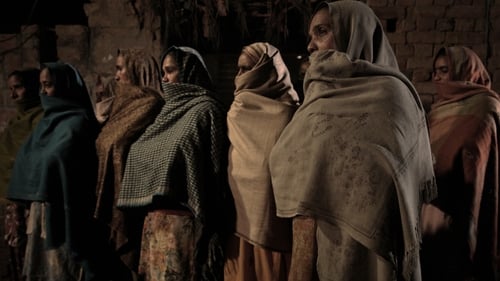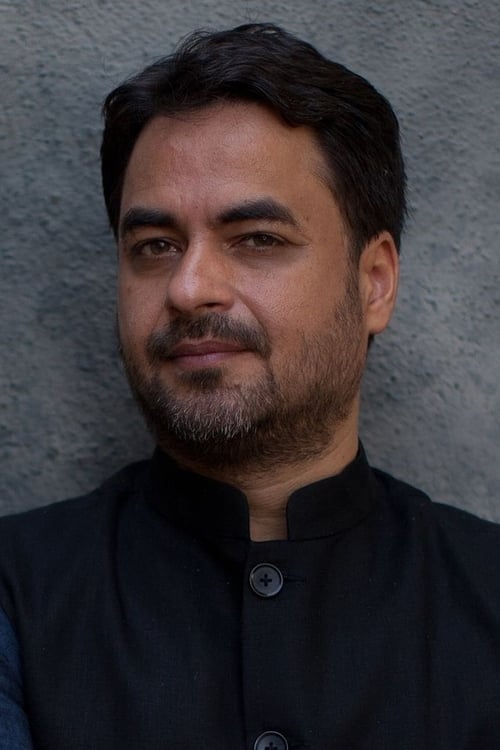Gurvinder Singh
출생 : , Delhi, India
약력
Gurvinder Singh is an Indian film director. He is best known for his Punjabi language films Anhey Ghorhey Da Daan (Alms for a Blind Horse), and Chauthi Koot (The Fourth Direction) which premiered at Venice and Cannes Film Festival respectively. Gurvinder is an alumnus of Film and Television Institute of India (FTII), Pune from where he studied film-making and graduated in 2001. He travelled extensively through Punjab between 2002 and 2006, living and wandering with folk itinerants, documenting folk ballads and oral narratives. It led to his first documentary 'Pala'. He continued to make short experimental works and documenting arts/artists for the next few years. In 2005 he was invited by avant-garde Indian filmmaker Mani Kaul to be his teaching assistant for a master-class at FTII, which led to a close association with the filmmaker who became his mentor.

Director
An anthology film depicting three stories with themes of survival and agony.

Director
The film is a portraiture of the historic and the largest sit-in protest in post-independent India, staged primarily by the farmers of Punjab, Haryana, and western Uttar Pradesh on the borders of Delhi from November 2020 to December 2021 against the three new farm laws passed by the Union Government. The title itself is derived from the newsletter Trolley Times, which started as a voice of protest by a group of activists, writers, and artists. The film is divided into four parts like four chapters of a book.

Screenplay
After 15 years in prison, for committing a murder to save his father’s honour, Modan returns to his village in Punjab. In his absence, the village’s power structure has shifted towards a landowner, to the detriment of his family. Worse still: his brother is the landowner’s lapdog.

Director
After 15 years in prison, for committing a murder to save his father’s honour, Modan returns to his village in Punjab. In his absence, the village’s power structure has shifted towards a landowner, to the detriment of his family. Worse still: his brother is the landowner’s lapdog.

Director
히말라야의 작은 카페에서 일하는 키산은 빠르게 변화하는 세상을 바라보 면서 고민에 빠진다. 그는 지금처럼 히말라야의 작은 마을에서 느리지만 예 측 가능한 삶을 살 것인지, 도시로 나아가 새로운 삶을 시작해야 할 것인지 선택의 기로에 놓인다.

Director
Sea of Lost Time is an allegory set in an undefined time and space, evoking the magic realism of Gabriel Garcia Marquez, inspired by his characters. A soldier comes back from the dead to a seaside village. He reminisces on the time lost while he was away, like a sea between his past and the dysfunctional present. Through him we discover a motley of characters: a rag-tag musical band, a man locked up inside an abandoned horse stable, his sister, also the soldier’s lover and who has been bemoaning the loss. An impressionistic view of the intertwined lives of those inhabiting imaginary spaces, with an underpinning of social and political metaphors.

Editor
힘없는 여성을 상대로 한 범죄가 끊이지 않는 인도의 델리. 불같은 성격의 경찰 소니는 번번이 소동을 일으킨다. 상관 칼파나는 분노로 가득한 그녀를 진심으로 걱정한다.

Director
Based on a newspaper story, Ghuspaithiya is the satirical tale of a pigeon that apparently crosses a national border into Punjab and is investigated by the police as a spy.

Director
We all live on the same planet, under one sun which nurtures and renews our unique and common hopes for the future. No matter how much we differ from each other in color, ethnicity and belief, we all share the same source of life, united in our destinies. An omnibus film on the topic of Turkish - Armenian relations.

Director
Fear and paranoia pervade life in rural Punjab of the ’80s, before and after Operation Blue Star, as separatists clash with security forces.

Screenplay
A family living in a Punjab village deals with social and labor inequities until a fight breaks out during a lunar eclipse.

Director
A family living in a Punjab village deals with social and labor inequities until a fight breaks out during a lunar eclipse.

Director
Documentary on a Punjabi Folk Singer






